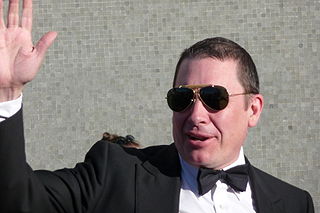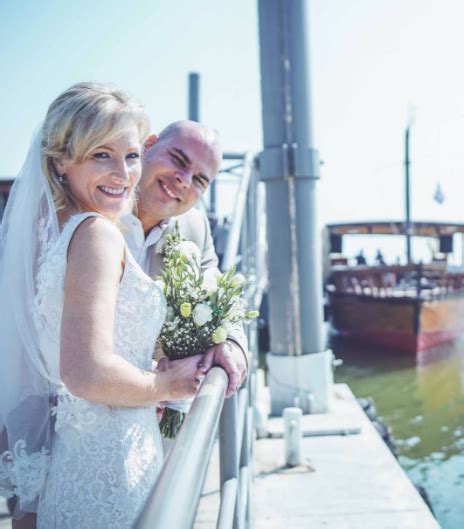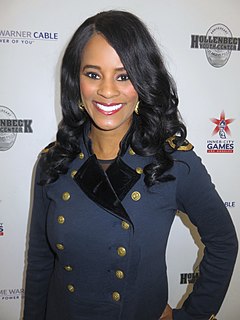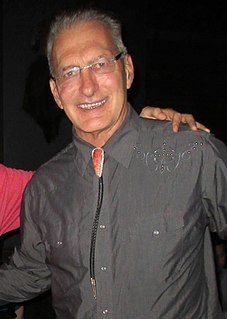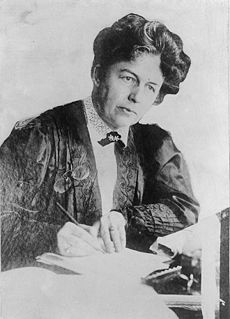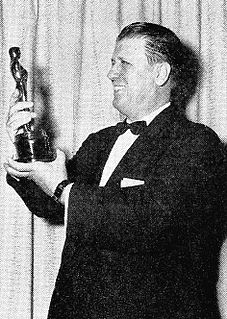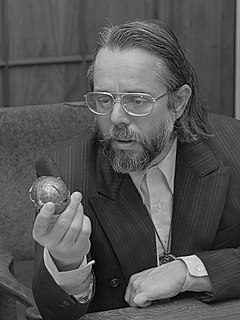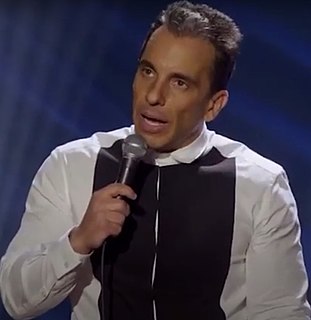Top 1200 Post-War Quotes & Sayings - Page 4
Explore popular Post-War quotes.
Last updated on April 20, 2025.
Europe is a rapidly changing place, on every level. Immigration, post-communist transitions, the unification, steady presence of war and conflict, the inescapable challenges to the notion of national literature/culture-it all exerts pressure upon writers who must be aware of the transformational possibilities of the situation.
If Donald Trump dismantles the agreement [the "Iran nuclear deal"] won by President Barack Obama with President Hassan Rouhani and the Iranian government and people: If he dismantles that, and puts greater sanctions on Iran, then we are leading to another war; another war inspired by Israel, another war that will bring China into war, Russia into war, Europe into war. And the Western world, in this war, will be taken completely down, and a whole new world is on the horizon.
I had this whole issue of doing a crime film in the 2010s. The genre's been mined very, very heavily. Post-Scorsese, post-Tarantino, post-Guy Ritchie, what do you do? I wasn't attracted to pulp so much as all of a sudden I had a pulp problem. I had to find a way to make this interesting, because there's a lot of crime films that come out on VOD every week, and a number of these star Nicolas Cage.
My opposition to war was not because of the horrors of war, not because war demands that the race offer up its very best in their full vigor, not because war means economic bankruptcy, domination of races by famine and disease, but because war is so completely ineffective, so stupid. It settles nothing.
The twentieth century had dispensed with the formal declaration of war and introduced the fifth column, sabotage, cold war, and war by proxy, but that was only the begining. Summit meetings for disarmament pursued mutual understanding and a balance of power but were also held to learn the strengths and weaknesses of the enemy. The world of the war-or-peace alternative became a world in which war was peace and peace war.
World War Two was a world war in space. It spread from Europe to Japan, to the Soviet Union, etc. World War Two was quite different from World War One which was geographically limited to Europe. But in the case of the Gulf War, we are dealing with a war which is extremely local in space, but global in time, since it is the first 'live' war.
When I grew up, in Taiwan, the Korean War was seen as a good war, where America protected Asia. It was sort of an extension of World War II. And it was, of course, the peak of the Cold War. People in Taiwan were generally proAmerican. The Korean War made Japan. And then the Vietnam War made Taiwan. There is some truth to that.
... there was the first Balkan war and the second Balkan war and then there was the first world war. It is extraordinary how having done a thing once you have to do it again, there is the pleasure of coincidence and there is the pleasure of repetition, and so there is the second world war, and in between there was the Abyssinian war and the Spanish civil war.
During my childhood and teenage years, everything I knew was at war. My mother and father were at war. My sister and I were at war. I was at war with my atypical nature, desperately trying to fit in and be normal. Even my genes were at war - the cool Swiss-German side versus the hot-headed Corsican.












